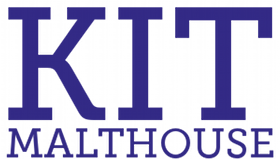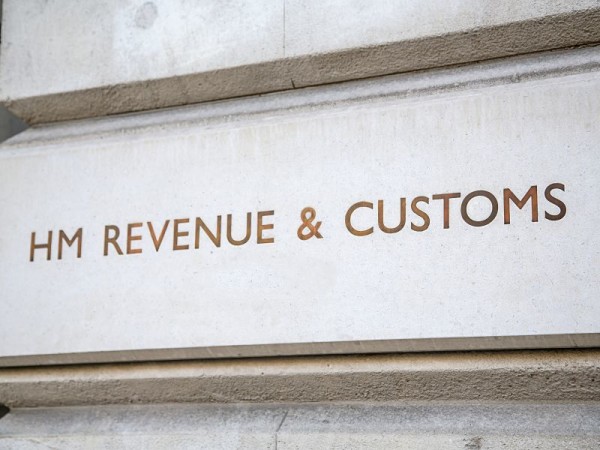Small businesses are our best hope of long term prosperity and policy should always make it easier for them to flourish, not harder. The Government must therefore be very careful with the planned reforms to the way we tax businesses.
That’s why I put pressure on Ministers to think again about the implications of their Making Tax Digital agenda. Many small businesses do not have the resources to deal with complicated demands from HMRC. Backed by the Federation of Small Businesses I won some concessions in the summer, but the reform still needs changes. This weekend the Treasury Select Committee on which I sit published its report asking the Chancellor not to rush the plans through. We need to see pilots and a higher turnover threshold for exemption before a national roll-out.
“Philip Hammond is facing a backbench rebellion as MPs warn that radical plans to digitise the tax returns system are being rushed through.
The Making Tax Digital project will require almost all businesses to keep digital accounts and submit them quarterly from April 2018.
Legislation to implement the plan will be published this month.
HM Revenue & Customs says the changes – which will affect 2.5m companies – will reduce bureaucracy and delays. But the Commons Treasury committee has cast doubt on the chancellor’s claim that the plan will bring in £625m of extra tax revenue.
Because some small businesses were likely to undercount their expenses, the extra revenue projection was “perhaps not . . . realistic”, it said in a report.
The change was being rushed in too quickly, the committee added, calling for a series of pilots instead.
Andrew Tyrie, committee chairman, said MPs backed the scheme in principle but “without sufficient care [it] could be a disaster “. The extra cost and administrative burden risked pushing some small companies out of business or into the hidden economy, he said.
Businesses with a turnover of under £10,000 will be exempt; MPs recommend increasing that threshold to £83,000. They also propose delaying the scheme for at least a year, to 2019-20.
Kit Malthouse, a Tory member of the committee, warned Mr Hammond that backbenchers – “particularly those from a business background” – were dissatisfied with the plans, which he dubbed “an earthquake in the way that tax is recorded”.
He said the committee had raised the subject with the Treasury for a year “and we haven’t made much progress”.
Mr Hammond’s background running small businesses suggested he would be sympathetic to the warnings, Mr Malthouse added. The chancellor should “listen very carefully to the professional bodies and just take a little more time over this”, he added.
The ICAEW, the accountancy institute, called on the government to delay the project and make it voluntary, at least for the smallest businesses. “If it is not implemented properly, confidence in the tax system and in HMRC will be damaged, risking a knock-on impact on UK tax compliance.”
Jon Thompson, head of HMRC, said there had been more than 1,000 responses to the consultation and ministers were expecting to respond soon. The debate was not about the principles but “how it is implemented and at what speed”, he said in an interview.
He said it was “perfectly feasible” that small businesses under-recorded expenses but rejected the argument that their errors were just as likely to favour the exchequer. “That isn’t borne out by the evidence of the tax gap,” he said, referring to HMRC research that found small companies were responsible for just over half of all uncollected tax.
He denied the move would result in higher costs for very small businesses. HMRC was working with 18 software providers to provide microbusinesses with free software, he said. Testing is set to begin in the spring.”

